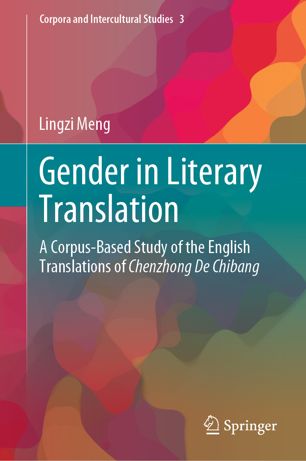

Most ebook files are in PDF format, so you can easily read them using various software such as Foxit Reader or directly on the Google Chrome browser.
Some ebook files are released by publishers in other formats such as .awz, .mobi, .epub, .fb2, etc. You may need to install specific software to read these formats on mobile/PC, such as Calibre.
Please read the tutorial at this link: https://ebookbell.com/faq
We offer FREE conversion to the popular formats you request; however, this may take some time. Therefore, right after payment, please email us, and we will try to provide the service as quickly as possible.
For some exceptional file formats or broken links (if any), please refrain from opening any disputes. Instead, email us first, and we will try to assist within a maximum of 6 hours.
EbookBell Team

5.0
68 reviewsThis book explores the role of gender in male- and female-produced efforts to translate a Chinese novel into English. Adopting the CDA framework and corpus methodology, the study examines the specific ways in which, and extent to which, a female British translator and a male American translator construct their gender identity in translation. Based on an analysis of the two translations’ textual and paratextual features, it reveals the fascinating ways in which language, gender and translation interact. The book is intended for anyone who is interested in gender and translation studies, particularly in applying the new corpus methodology to exploring the interface between gender and translation in the Chinese context.